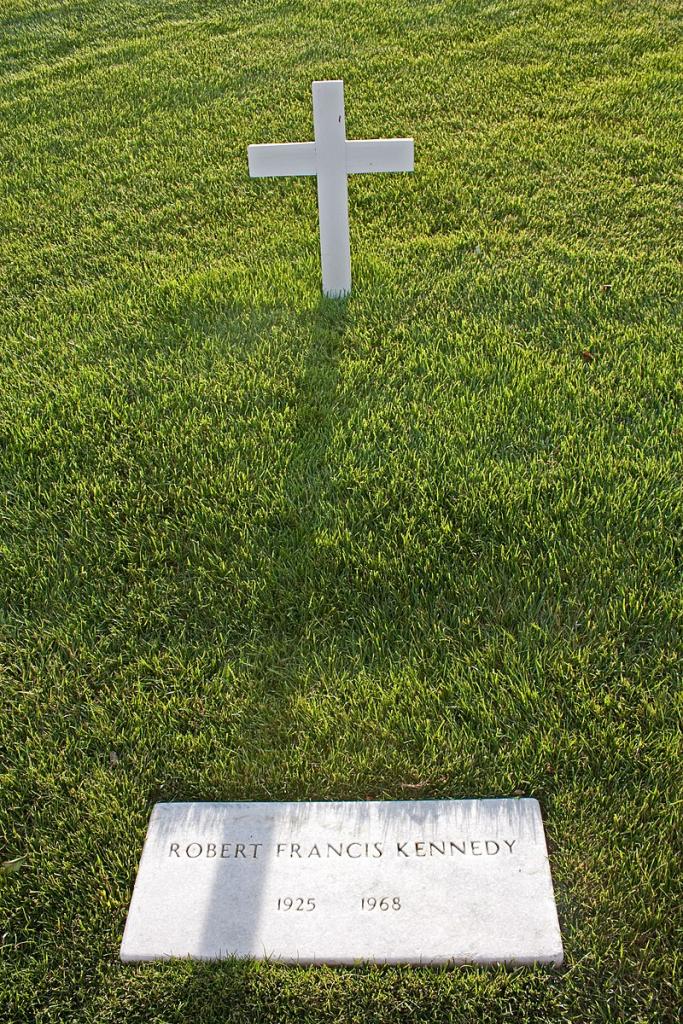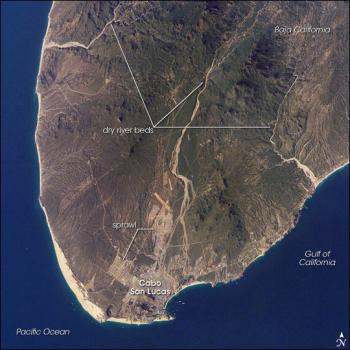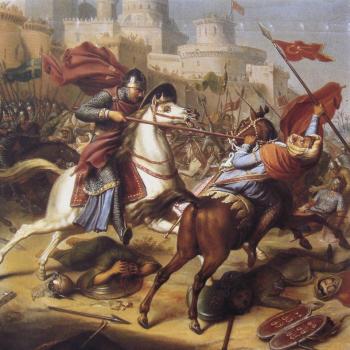
Wikimedia Commons public domain photograph
***
Two new pieces, both of them book reviews, went up today in Interpreter: A Journal of Latter-day Saint Faith and Scholarship:
“A Masterpiece on Resisting Our Impulses to Leave,” by Daniel Ortner
Review of S. Michael Wilcox, Holding On: Impulses to Leave and Strategies to Stay (Salt Lake City: Deseret Book, 2021). 128 pages. $11.99 (paperback).
Abstract: In his latest book, S. Michael Wilcox has written a masterpiece on grappling with doubts and overcoming our impulses to leave the Church. Wilcox displays a refreshing degree of personal vulnerability and openness, deep empathy and compassion for the struggling; and concrete and memorable suggestions for successfully dealing with faith crises. These traits give this book a power that no other work published by Deseret Book on this topic can match.
“Beyond Calculation: A Review of Robert J. Sawyer’s Calculating God,” by Jeff Lindsay
Review of Robert J. Sawyer, Calculating God (New York: Tom Doherty Associates, 2000). 336 pp. $23.99 (paperback).
Abstract: In an entertaining and provocative science fiction novel, Calculating God, Robert J. Sawyer presents us with a likable alien scientist visiting earth to obtain more data about God’s ongoing work of creation. The alien is astounded that a human scientist does not believe in God despite the obvious evidence. Sawyer’s work introduces a variety of reasonable scientific arguments for the existence of God in a series of cleverly conceived dialogs and uses dramatic events to develop some perspectives on God. Sawyer’s purpose is not to evangelize, and the troubling concept of an utterly impersonal God who emerges in Sawyer’s interplay between multiple worlds is quite alien to Christianity and especially to the revelations from Joseph Smith, which offer a much more hopeful perspective. Calculating God is a delightful read that raises some questions that need to be discussed more often, but to obtain meaningful answers, a different calculus is needed.
[Editor’s Note: We have, from time to time, published reviews or essays that draw upon disciplines that some may not consider as having bearing on The Interpreter Foundation’s mission. For example, how can a literary genre such as science fiction fit into our mission? Some may even scoff, presuming that science fiction has no place in academic discourse. Consider, though, that science fiction attempts to create fantastic worlds, and that those worlds (and the beings that populate those worlds) necessarily reflect a “world view” consistent with the cultural views of the authors. In the realm of religion, Joseph Smith similarly described and promoted a future world which he credited to revelation and interaction with the divine. Perhaps we can learn new insights by comparing the man-made views of our potential future with the revealed views of our future. In this review, Jeff Lindsay describes one science fiction author’s take on the question of God’s existence and compares the God in these pages to the God described by Joseph Smith.]
And this went up on the Interpreter website yesterday:
Interpreter Radio Show — November 21, 2021
The 21 November 2021 broadcast of the Interpreter Radio Show, liberated from commercial and other interruptions, has now been archived and made available at no charge online. This episode featured Bruce Webster, Kris Frederickson, and Mike Parker, and the first hour of it introduced the Books of Abraham and Moses, in accordance with the upcoming curricular year of Come Follow Me. The second portion of the show also focused on the opening lesson of the forthcoming curricular year. It was devoted to a roundtable discussion of the upcoming Come Follow Me lesson #1 (Moses 1; Abraham 3). The Interpreter Radio Show can be heard each and every Sunday evening from 7 to 9 PM (MDT), on K-TALK, AM 1640. If you’re not in Salt Lake Valley, reception will be very poor. But not to worry! You can listen in live on the Internet from anywhere at ktalkmedia.com.
***
Incidentally, I’ve seen some reports that, sometime during the past twelve to twenty-four hours, I’ve been deleting comments here. But I haven’t been. So far as I can recall, I haven’t deleted a single comment. (I very seldom do.) Disqus sometimes does odd things, though, such as deleting comments that contain apparently offensive words like Muhammad and Islam. Sometimes it deletes comments for no evident reason. Both have happened to me. (It might not surprise you to learn that I’m perhaps more prone than the average infidel to use words like Islam and Muhammad.) And there is even a chance that somebody, and perhaps not a friend, is marking these comments as “spam.” I don’t know. In any event, it’s almost never yours truly. Typically, when I notice that perfectly appropriate comments have been deleted (including, yes, those from critics), I manually restore them. However, when I’m traveling and largely away from my computer — as, not coincidentally, I am right now — I can go several hours, or a whole day, or even sometimes several days without having a chance to do so.
***
We spent most of the afternoon today strolling the grounds of Arlington National Cemetery, where, among many other things, we silently and solemnly watched the changing of the guard at the Tomb of the Unknown Soldier. We also walked over to the burial place of President John F. Kennedy and his immediate family, and to the very simple nearby graves of Senators Robert F. Kennedy and Edward M. Kennedy. Politically, I’m a free market conservative and a federalist, and so, even apart from the peccadillos of the Kennedy clan, I’m not a particular fan of theirs. (I rather liked Bobby’s style.) But the Kennedys loomed large over much of my conscious life span, and I’m old enough to remember not only RFK’s shocking assassination in my home city but the national trauma that had earlier followed his brother’s death in Dallas. (I still recall my elementary school teacher sobbing as, having abandoned any pretense of lessons, we watched the somber television news coverage of that horrible Friday.) President Kennedy was a Democrat, and I was already on my way to becoming a conservative. But it just didn’t matter that day. We were less divided then, and an American icon — the young, glamorous President of the United States — had been stricken down by a murderer. We were deep in sorrow across party lines and across the nation. Or so it seemed to me then.
Posted from Washington DC












